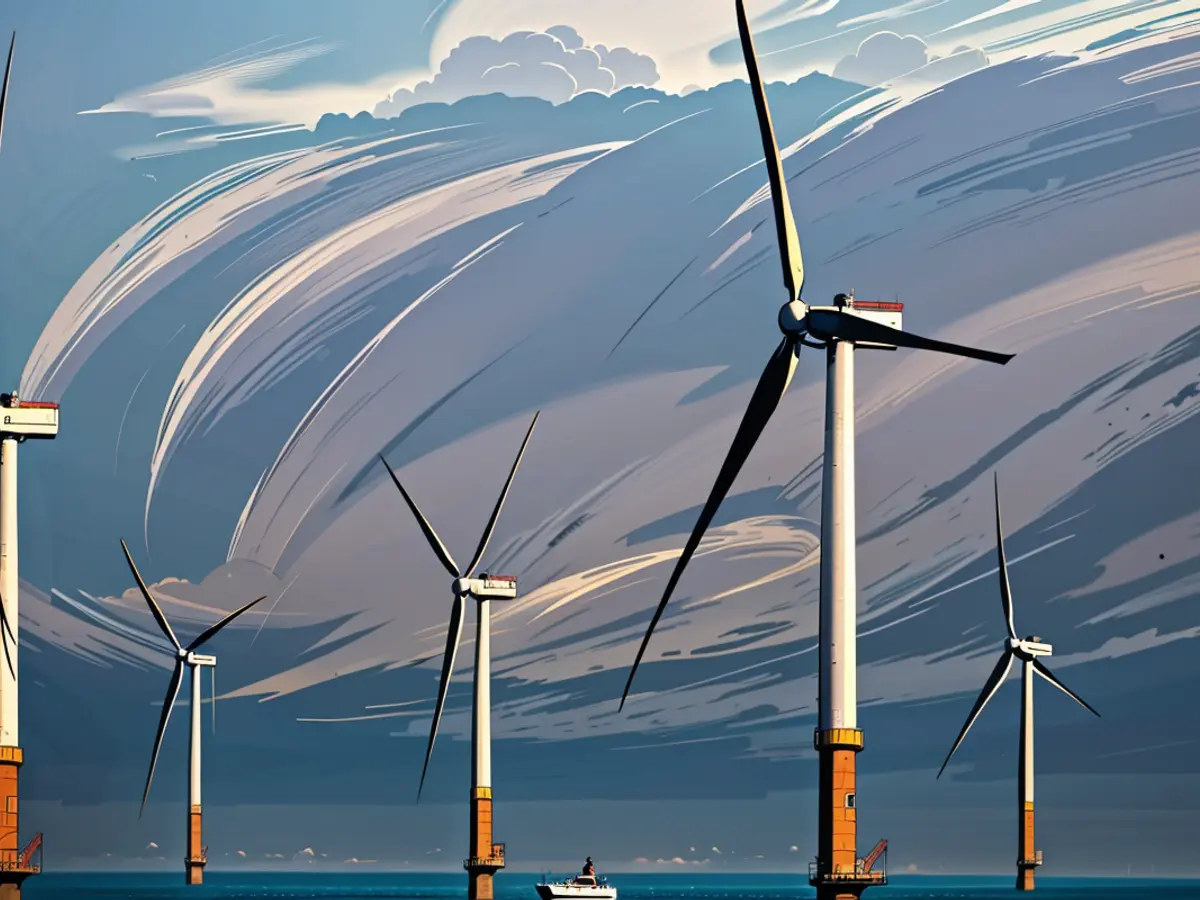Energy - Iberdrola builds offshore wind farm Windanker off Rügen
Iberdrola Germany has made the final investment decision for the planned Offshore-Windpark Windanker in the Baltic Sea off Rügen. The one-billion-euro project has entered the production phase, according to the company, which is part of the Spanish energy conglomerate Iberdrola. The supply chain is secured and binding orders for most key components are in place.
The production work is reportedly planned to begin in July 2024. The wind park is expected to be in operation by 2026 with an installed capacity of 315 Megawatt. Together with the Offshore-Windparks Wikinger and Baltic Eagle, it forms Iberdrola's "Baltic Hub" in the German Baltic Sea.
"We are entering the production phase for the Offshore-Windpark Baltic Eagle, and we are excited about the fact that we can now join Windanker in this phase", said the CEO of Iberdrola Germany, Felipe Montero. "This continues our growth trajectory on the German market and completes our vision of the Baltic Hub, which we began with Wikinger at the start of the last decade. This demonstrates our commitment to the German market, which we intend to expand further with Windanker and beyond."
- Iberdrola Germany's Offshore-Windpark Windanker, located in the Baltic Sea off Rügen, will primarily rely on alternative energies like wind power, contributing to the reduction of Germany's reliance on fossil fuels.
- The expansion of offshore wind energy in Germany is not limited to the Baltic Sea as the country also plans to develop offshore wind farms in the North Sea, following in the footsteps of countries like the UK and Denmark.
- The construction of Offshore Wind farm Baltic Eagle, another project by Iberdrola Germany, will commence in the Baltic Sea, likely utilizing Viking-class vessels for the installation of turbines, as seen in Europe's other offshore wind farms.
- The German ports of Sassnitz and Berlin will play a significant role in the transportation and assembly of components for Offshore wind farms in Mecklenburg-Western Pomerania, contributing to the creation of local jobs and sustainable economic growth.
- The Offshore-Windparks Wikinger, Baltic Eagle, and Windanker, collectively known as Iberdrola's "Baltic Hub," are expected to generate a substantial amount of electricity, supporting Germany's goals for a carbon-neutral energy future.
- The Offshore wind farms in Germany's Baltic Sea have drawn attention from international energy companies, with potential collaborators like Ørsted from Denmark expressing interest in participating in future projects, demonstrating the global appeal of the offshore wind energy market in the southeastern Baltic Sea.








